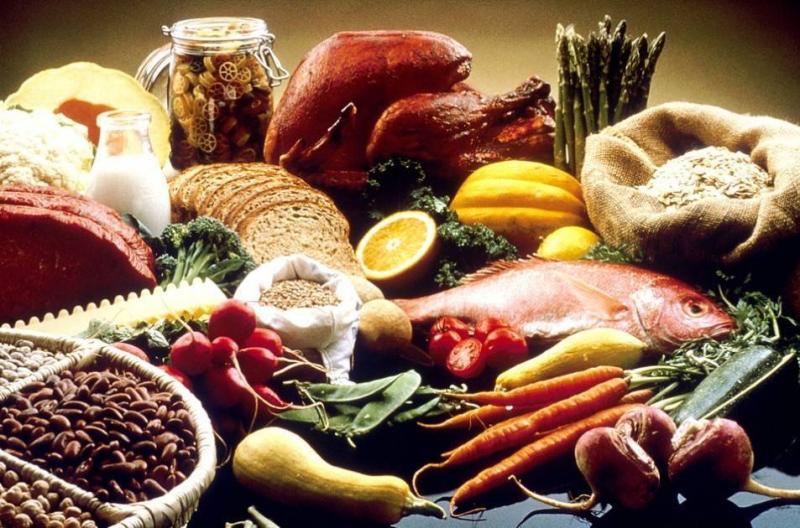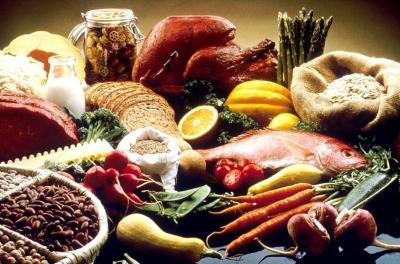A new study found that school-age children who consumed more isoflavones found in soybeans showed better thinking and attention abilities. These findings pave the way for future research aimed at uncovering how soy products can positively influence cognitive abilities in children. Isoflavones are compounds that naturally occur in many plants, especially soybeans and soy products. Although prior research conducted on adults suggested that isoflavones in soy might enhance memory, their benefits in children have not been well studied.
Agla Prestina, a PhD student in neuroscience at the University of Illinois Urbana-Champaign, stated, "Our study adds evidence to the importance of nutrients found in soy foods for cognition during childhood." To examine the potential benefits of soybean isoflavones, the researchers analyzed previously available data from a cross-sectional study that included 128 children aged 7 to 13 years. They utilized information from a 7-day dietary record to calculate each child's average dietary intake, including the amounts of macronutrients, micronutrients, vitamins, and consumed isoflavones.
To assess the general intellectual ability of the children, the researchers employed a set of modified pencil-and-paper tests according to grade level. They also measured attention abilities using a computerized task known as the "wing task," while recording electroencephalography (EEG) activity to measure information processing speed and attention.
Prestina remarked, "No other studies have examined the relationship between soy isoflavones and attention abilities using EEG or similar measures to record the electrical activity produced by the brain." She noted that the children in the study consumed anywhere from 0 to 35 mg of isoflavones daily, describing this amount as "relatively low," but stated it aligns with previously reported values for the United States.
Overall, the analysis revealed that the children in the study tended to consume low amounts of soy foods containing isoflavones. However, those who consumed more soy foods showed faster responses during tasks requiring concentration and demonstrated quicker processing speed. No correlation was observed between soy isoflavone consumption and overall intellectual ability.
Prestina recommends incorporating more soybeans into children's diets and emphasized that "correlational studies like this are only the first step." To gain a better understanding of the effects of soy products on children's cognitive abilities and the precise quantity of isoflavones consumed, the research team has recently initiated a clinical trial to examine their effects on cognitive abilities, sexual hormones, metabolic health, and gut health.




